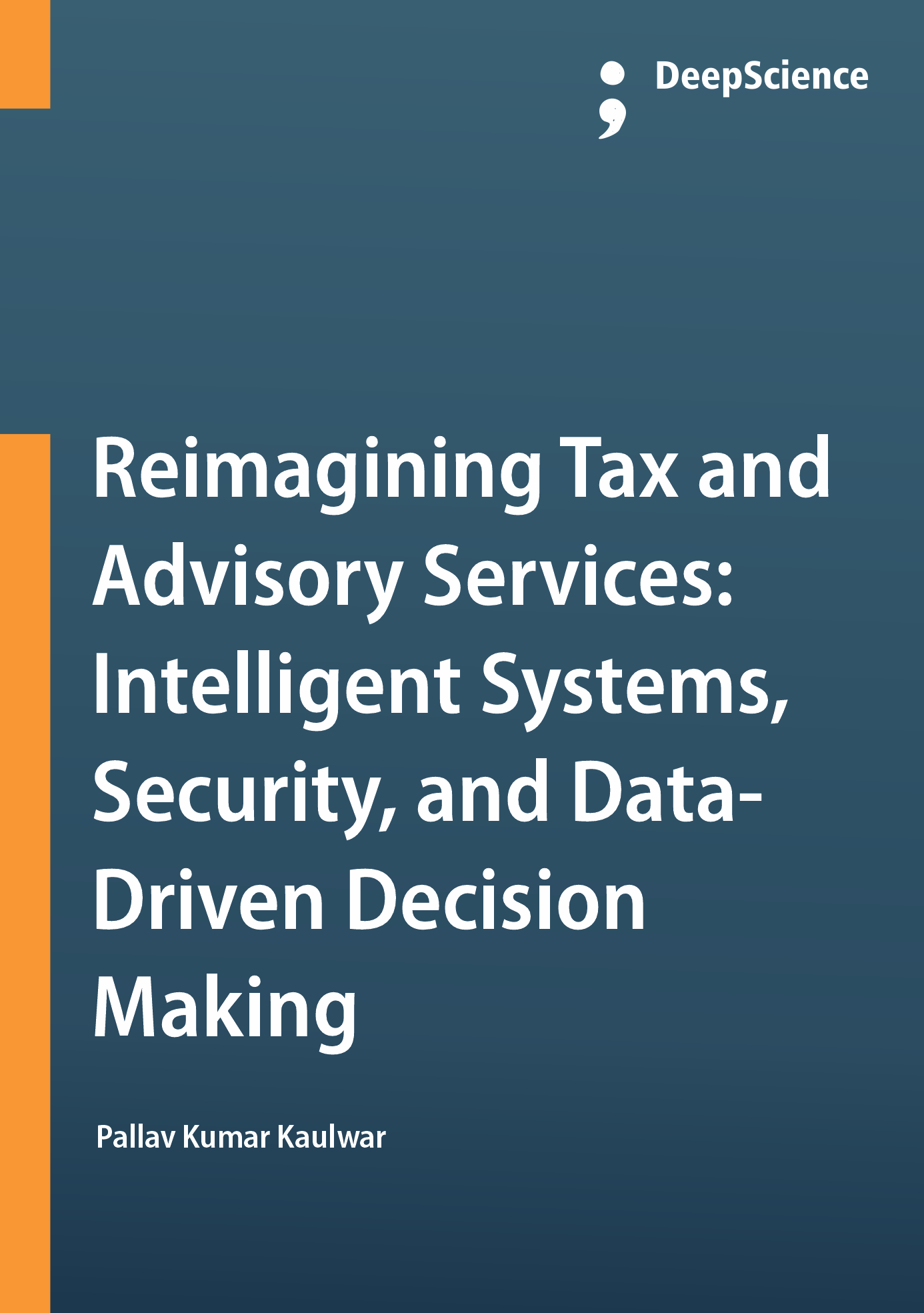The convergence of artificial intelligence, machine learning, and deep learning in tax and consulting
Synopsis
The value and risks of the convergence of AI, ML, and deep learning in tax and consulting are examined. Unless barbs are in check, they can be weaponized to attack unsuspecting business clients. The monstrous Ed Trunk, a figure of rabid fear, anxiety, and paranoia about light being shone on their siloed, treasure-holding hinterland, is the first to expose the monster’s capabilities while also seeming to yield employable fact-checkers and great consultants. It should be noted that the level of deep AI will play a large part in determining who’s positively engaged and who isn’t.
The historic context of AI, the first boom and bust, is worthy of a re-examination. Inheritance can make it difficult to climb high and go low. It is quickly becoming irrelevant, but memories of it may last. Although deep learning is, in its current form, merely a copy-cat from long ago, the writer's doubt that anything like the Current Transformation will occur again.
Also examined are the legal and regulatory implications of the convergence of AI, ML, and deep learning in tax and consulting; groups of industry firms that can address many of the tax, legal, and regulatory implications of the convergence in a way that corresponds to their credibility; and recommendations of steps that tax and consulting firms should take to address the most urgent risks associated with the convergence (Gounagias et al., 2018; Savić et al., 2021;Aladebumoye, 2025). While no explicit mention is made of them, it is assumed that threats of upheaval will lead to consolidation. Therefore, moves to engender trust, as viewed through a lens, naturally lead to joint trust-related offerings, which may force some trust-oriented groupings into consideration through demands for collaboration or regulation.
Its basic premise is that the speed of AI coming into tax and consulting is greater than the industry capacity to handle or absorb it, and that there are specific actions that require greater credibility than any one firm can manage. It points to groups of firms that need or would benefit from catalyzing a working relationship with grand strategic thinking capabilities that contemplate the current amalgamation of AI, ML, and deep learning.













